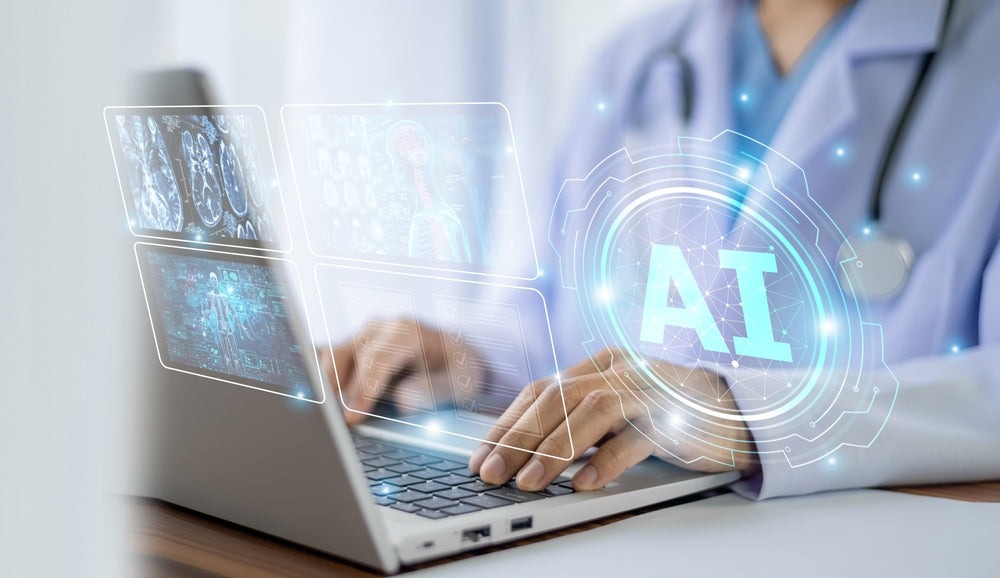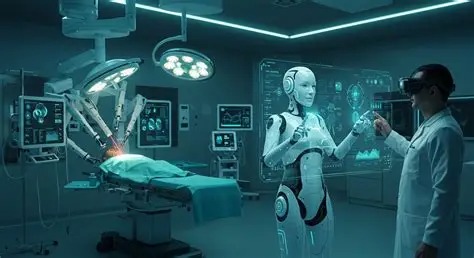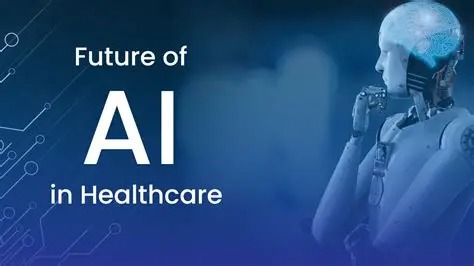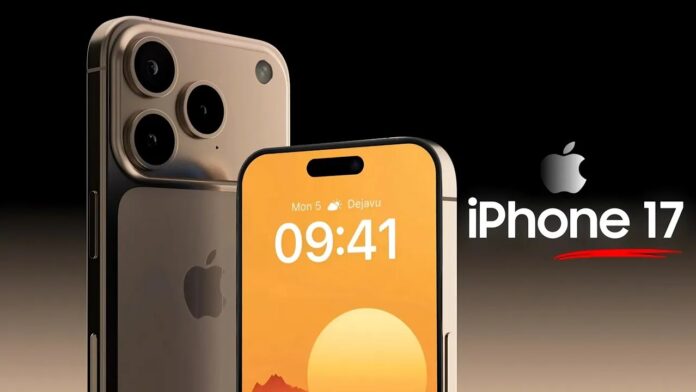Contents
- 1 The Dawn of AI-Powered Healthcare
- 2 Smarter Diagnoses and Early Disease Detection
- 3 Personalized Care through Data Integration
- 4 Drug Discovery and Medical Breakthroughs
- 5
- 6 Direct-to-Patient Models and Virtual Care
- 7 Empowering Healthcare Professionals
- 8 System-Level Innovation: Workflow Automation and Collaboration
- 9
- 10 Overcoming Challenges and Fostering Trust
With previously unheard-of breakthroughs in diagnosis, treatment, workflow efficiency, and patient empowerment, artificial intelligence (AI) is transforming healthcare in 2025 and enabling faster, smarter, and more individualized medical care than ever before. “AI Revolution in Healthcare 2025

The Dawn of AI-Powered Healthcare
Healthcare in 2025 stands on the threshold of a transformative era driven by artificial intelligence. Hospitals, clinics, and research labs across the world now harness AI—from advanced large language models to precision diagnostic platforms—to address challenges ranging from chronic disease management to cutting-edge treatments. The integration of AI isn’t just about speed and automation; it’s reshaping medicine in ways that bring patients and providers closer to better outcomes.

Smarter Diagnoses and Early Disease Detection
One of AI’s most profound impacts is in diagnostics. In 2025, tools like Microsoft’s MAI-DxO and models developed at leading institutions analyze patient data—imaging, biomarkers, and electronic health records—with unmatched accuracy. For instance, AI systems detecting Parkinson’s disease are surpassing 90% accuracy in identifying motor and non-motor symptoms, accelerating early intervention and lowering dependence on invasive procedures.
AI-powered radiology breakthroughs allow clinicians rapid access to comprehensive medical data, speeding up the discovery and interpretation of X-rays and MRIs. Such platforms are instrumental for time-sensitive diagnoses, ensuring that treatment can begin before conditions worsen.
Personalized Care through Data Integration
2025 is witnessing the rise of individually tailored treatment plans, thanks to AI’s ability to process and learn from vast datasets—genetics, lifestyle, wearable data, and even real-time biomonitoring. Providers use this data to dynamically adjust therapies, customizing medication regimens and follow-up schedules. This leads to improved outcomes in chronic conditions such as heart disease and diabetes, making care more proactive and patient-centered.
Femtech innovations, propelled by AI, are redesigning diagnostic hardware and platforms to better address women’s health needs, closing longstanding gaps in services and data.
Drug Discovery and Medical Breakthroughs
AI’s role in drug discovery has fast-tracked the creation and optimization of new therapies. Platforms that use deep learning and simulation predict drug effectiveness and safety earlier, resulting in new medications entering human trials faster and at lower costs. In tuberculosis research, AI-powered death portraits visualize how drugs destroy bacteria, guiding smarter drug combinations.
Direct-to-Patient Models and Virtual Care
With the expansion of Direct-to-Patient (DTP) models, pharmaceutical companies now use AI to enhance patient engagement, improve adherence, and deliver personalized educational content. Patients increasingly rely on AI chatbots and virtual assistants for answers to medical questions and symptom triage, preferring their 24/7 availability and empathetic responses.
Wearable devices connected to AI systems empower patients to monitor cardiac activity, blood sugar, and sleep remotely. These technologies boost health literacy and give consumers real-time control over their well-being, predicting disease flare-ups and suggesting timely interventions.
Empowering Healthcare Professionals
AI is a force multiplier for clinicians. Decision-support tools—fed by evidence-based guidelines and up-to-the-minute research—make complex diagnoses easier and reduce the risk of errors. Tasks like clinical note-taking, scheduling, and discharge summary generation are automated, freeing up doctors to spend more time with patients.
AI-driven predictive modeling in oncology helps optimize lung cancer treatment plans, targeting better outcomes and reducing disparities—especially in underserved populations.
System-Level Innovation: Workflow Automation and Collaboration
The organizational impact of AI in 2025 is seismic. Health systems automate entire episodes of care—intake, treatment, follow-up—using intelligent agent networks. Disorganized medical records and clinical notes, previously a drag on efficiency, are now sources of actionable insights through advanced natural language processing. These integrated systems allow departments to collaborate more effectively, improving both operational efficiency and patient experience.
Overcoming Challenges and Fostering Trust
Despite these successes, healthcare executives understand that as AI adoption increases, trust and data transparency are critical. For long-term success, addressing algorithmic bias, protecting private health information, and making sure solutions produce quantifiable clinical results continue to be top priorities.
Healthcare is experiencing a real and swift AI revolution. AI’s influence in 2025 will be evident in everything from diagnosing complicated illnesses to customizing patient journeys. In addition to being technological, the change is also human, fundamentally altering the interactions among patients, healthcare systems, and providers. Adopting AI will enable healthcare organizations and professionals to access a future where medicine is more accurate, accessible, and compassionate than ever before.








